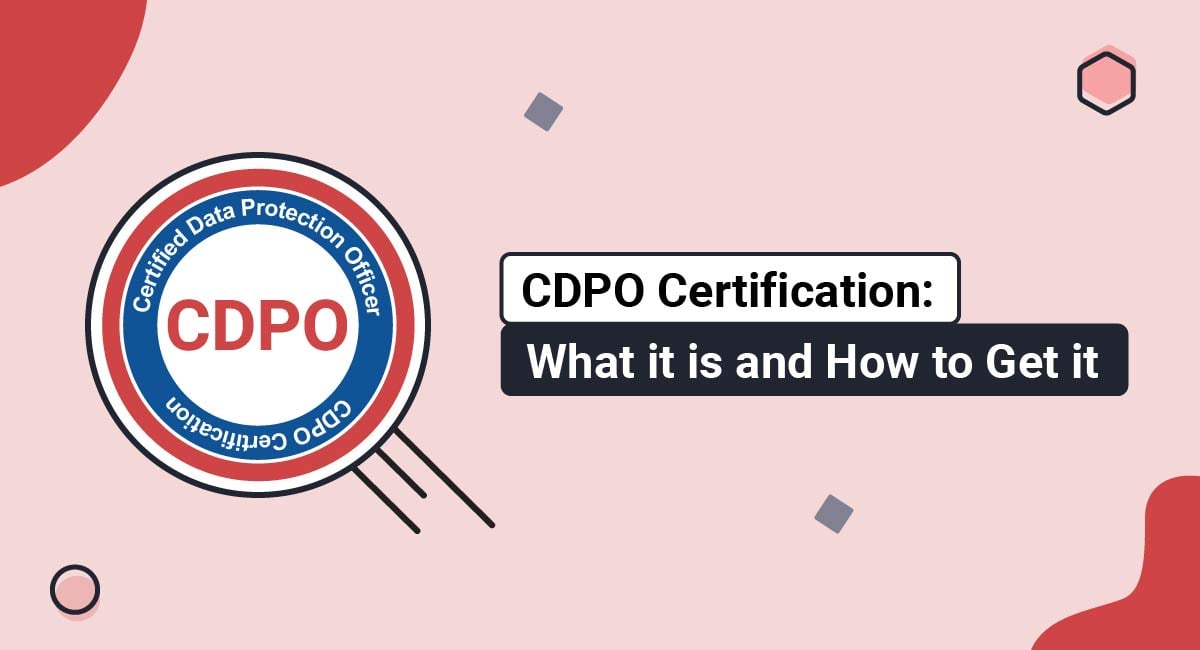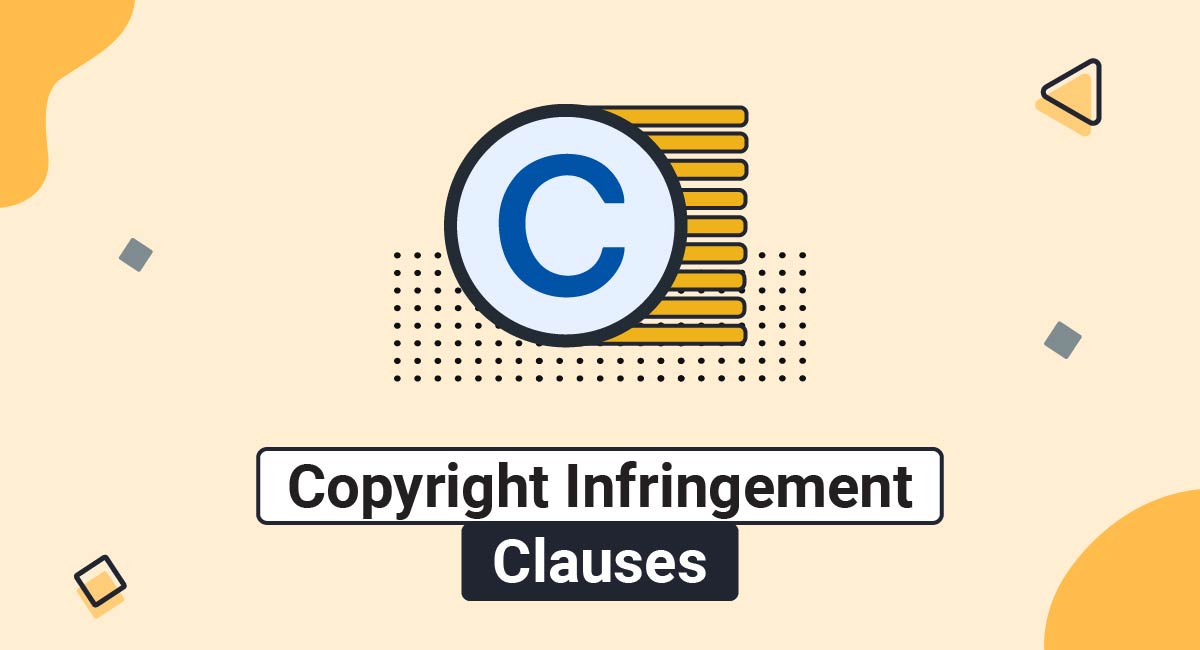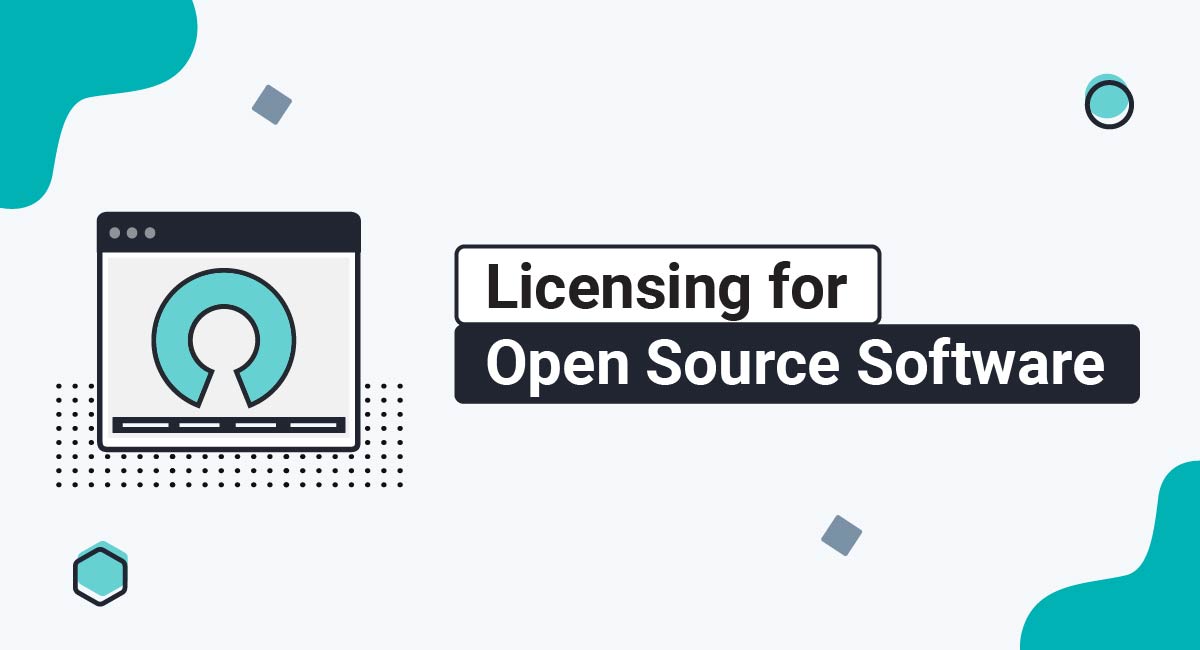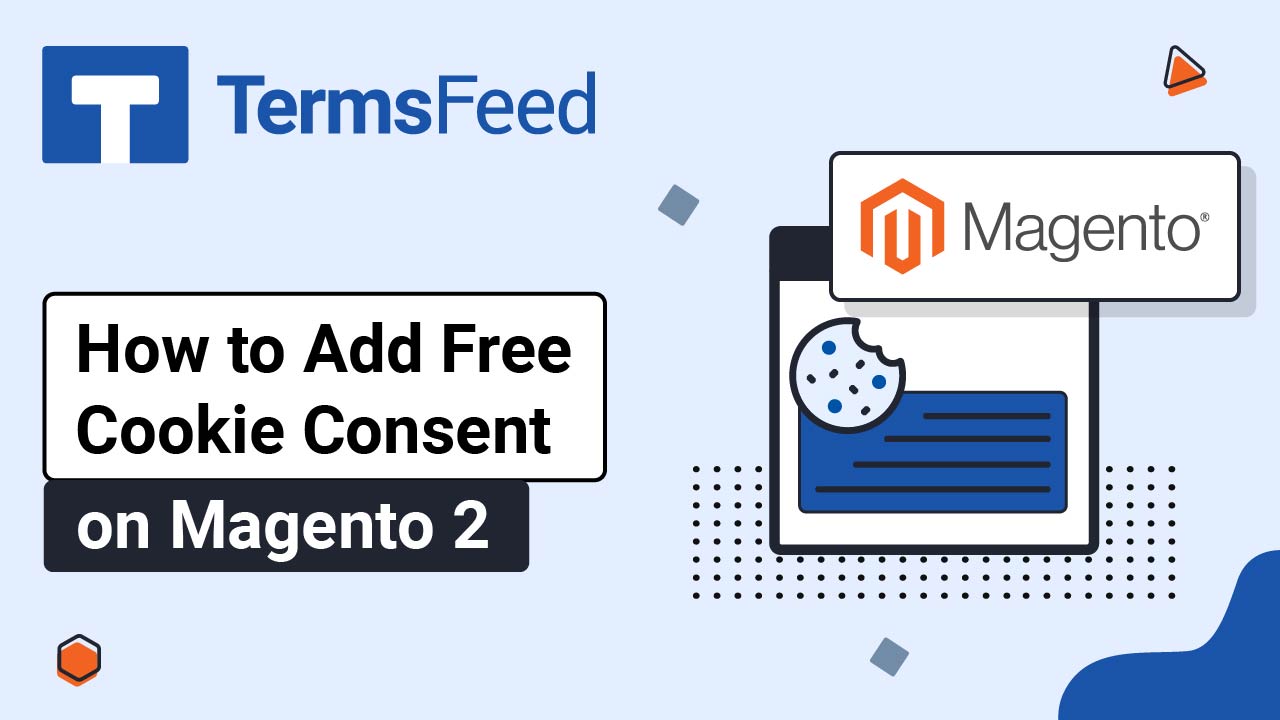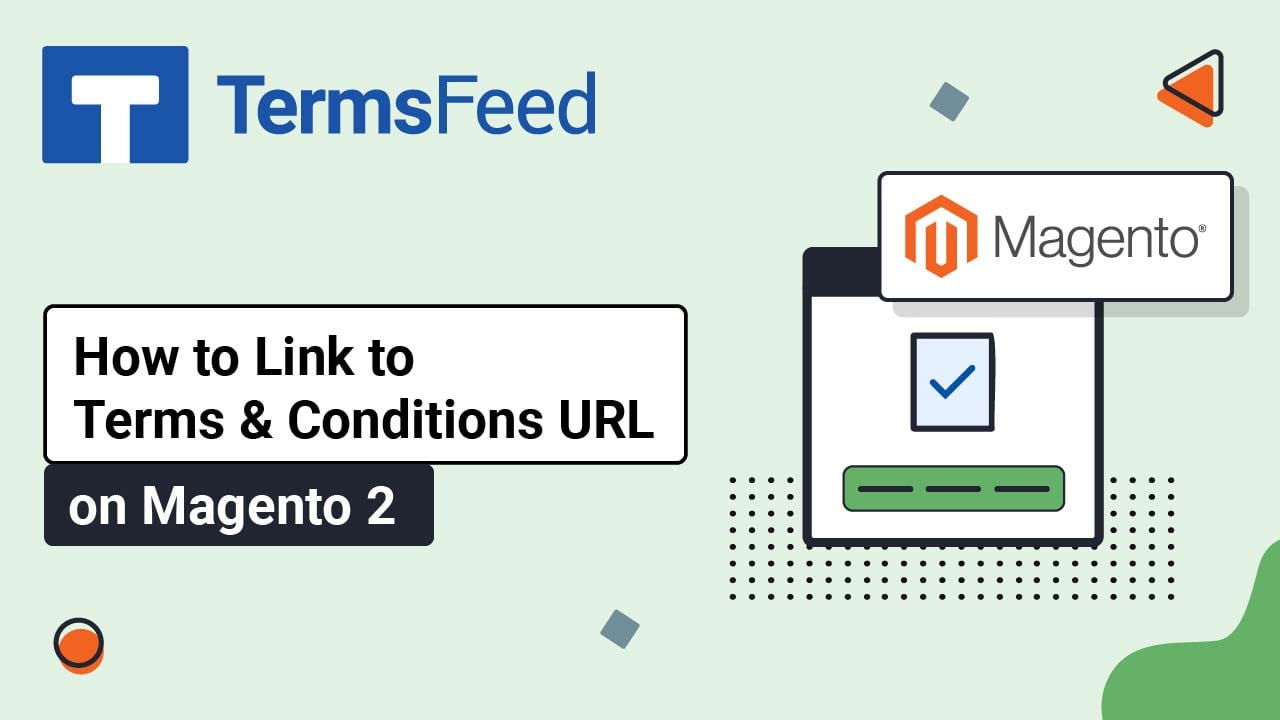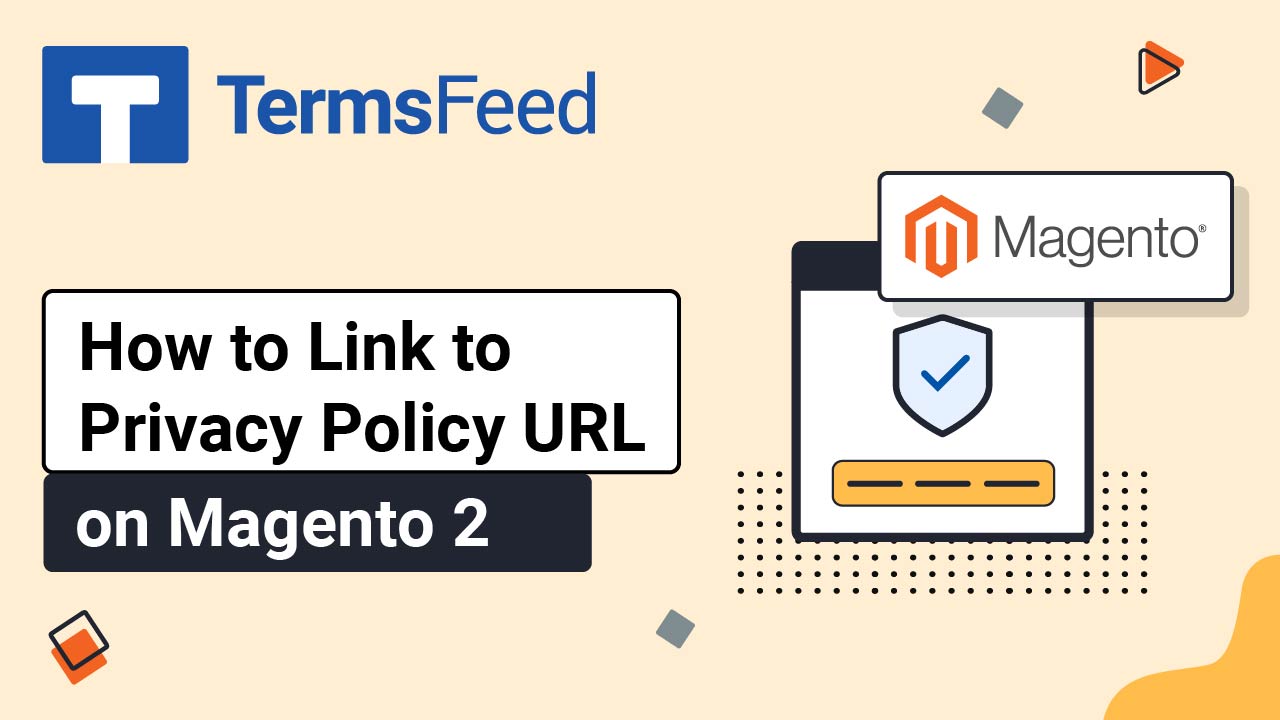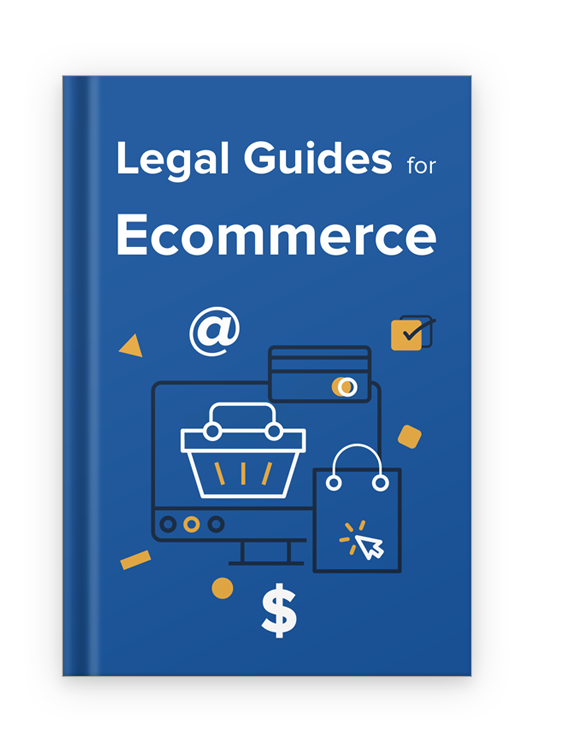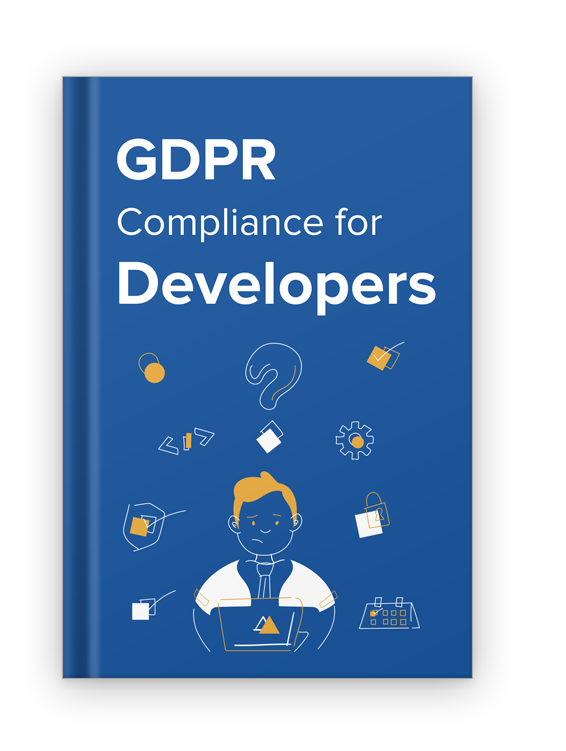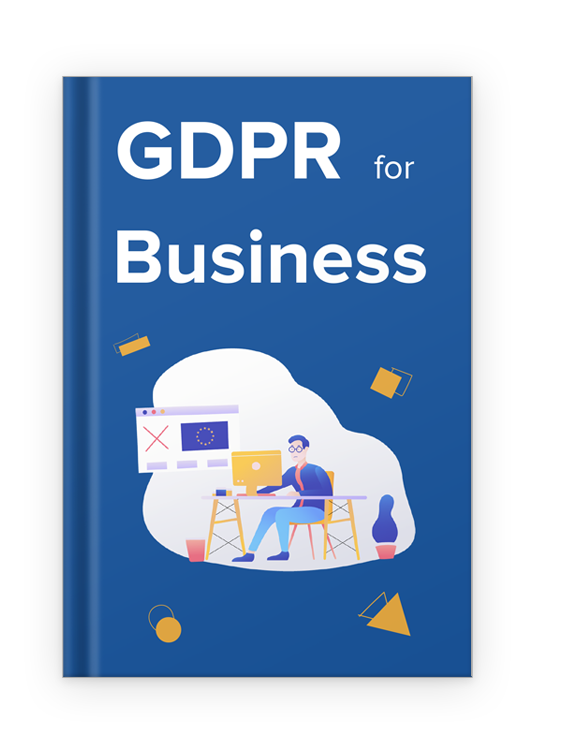Resources
All our helpful resources in one place.
Blog
Legal articles in easy to understand language.
CDPO Certification: What it is and How to Get it
The Certified Data Protection Officer (CDPO) certification helps take your knowledge of the GDPR and the role of a Data Protection Officer (DPO) to an advanced level. This article will explore the benefits of obtaining this certification, and outline what the certification process entails. What is the CDPO Certification? The CDPO (Certified...
Copyright Infringement Clauses
If you are publishing content on your website or blog, you (or the creator) are the author of this work. When you have authorship over that content, you have rights about how that work can be shared, used or copied. These rights are called "copyright." In this article we'll look at...
Licensing for Open Source Software
Maintaining a software licensing agreement for your open source software can help communicate expectations and limitations of how your software should be used. This article explains what open source software is, the benefits and drawbacks of open source software for users and developers, and how developers can create an open source...
Help
Find help fast by browsing our Help section.
How can I download my Cookies Policy?
If you prefer to host your Cookies Policy directly on your website, you can do so by downloading your policy from the download page in the following formats: HTML (.html) Text (.txt) DOCX (.docx) Markdown (.md) To download your Cookies Policy choose the file format you would to download and click the "Download" button: Your Cookies...
How can I link to my Cookies Policy?
All you need to link to the created Cookies Policy is the public link. The public link to your Cookies Policy is unique and is available right on the download page: To use the public link, click the "Copy" button to copy the link to your clipboard. Once the public link has been...
Where can I host my Cookies Policy?
TermsFeed can host your Cookies Policy for free, but you also have the option of host the Cookies Policy on your own website by downloading the policy to your computer. TermsFeed can host your Cookies Policy for free. After you create your policy, a public link is created: The public link to...
Videos
Legal content in easy to understand videos.
Video: How to Add Free Cookie Consent on Magento 2
In this video you'll learn how to: Create Cookie Consent Notice Banner with TermsFeed Free Cookie Consent Tool Edit Footer Configuration Flush Magento Cache so you can preview the banner Note: In this example we've used Magento 2 (version 2.4.7), the open source version, installed on a Windows 11 machine. Here are the instructions: Go to...
Video: How to Link to Terms and Conditions URL on Magento 2
In this video you will learn how to: Edit the Footer Links Block Add a new external URL Display your Terms and Conditions URL in the footer section Note: In this example we've used Magento 2 (version 2.4.7), the open source version, installed on a Windows 11 machine. Here we assume you have already created...
Video: How to Link to Privacy Policy URL on Magento 2
In this video you will learn how to: Disable the current links at the footer section Add a new Block (Footer Links) with a new external URL Add a new Widget (Footer Links) Display your Privacy Policy URL at the footer Note: In this example we've used Magento 2 (version 2.4.7), open source version, installed...
FAQs
Frequently asked questions with answers from our team.
What is a Privacy Policy?
A Privacy Policy is a legally-required document that lets people know what types of personal data you collect, how you collect and use it, whether third parties have access to the data, how you protect the data and other law-specific requirements. You must make your Privacy Policy available to the...
What is a Privacy Notice?
A Privacy Notice is in most cases just another name for a Privacy Policy. However, it is sometimes used to refer to a short statement or "notice" given by a business about its privacy practices. An example of this type of Privacy Notice would be when an email address collection...
What is a Privacy Statement?
A Privacy Statement is another name for a Privacy Policy. It's a legally-required document that lets people know what types of personal data you collect, how you collect and use it, whether third parties have access to the data, how you protect the data and other law-specific requirements. You must...
Dictionary
Easy to understand definitions of common legal terms.
MIT License
MIT License is an open source software license that allows users to modify, use and distribute the software as long as the original license text and copyright notice are both included in all subsequent copies of the software. ...
Apache 2.0 License
Apache 2.0 License is an open source license that allows the free use, modification and distribution of software. It is considered to be the most flexible of the open source licenses....
GNU GPL (General Public License)
GNU GPL (General Public License) is a set of licenses that grant users the right to modify, use and share free software. ...
E-books
Ebooks to help you stay compliant.
Legal Guides for Ecommerce
There's a lot to consider when starting a retail business: marketing, staffing, accounting. Can you take a salary and still keep the lights on? What will happen if your suppliers suddenly raise their prices? Will your website ever stop crashing? Getting to grips with the legal implications of running an ecommerce...
GDPR Compliance for Developers
We created this book to help developers who are in the process of complying with the GDPR. We believe developers are at the cornerstone of GDPR compliance because the GDPR was created with online privacy at its center, and developers are the architects of our online landscape. This book will help...
GDPR for Business
Our easy-to-read ebook will help your business understand and navigate what it takes to be compliant with the GDPR.
